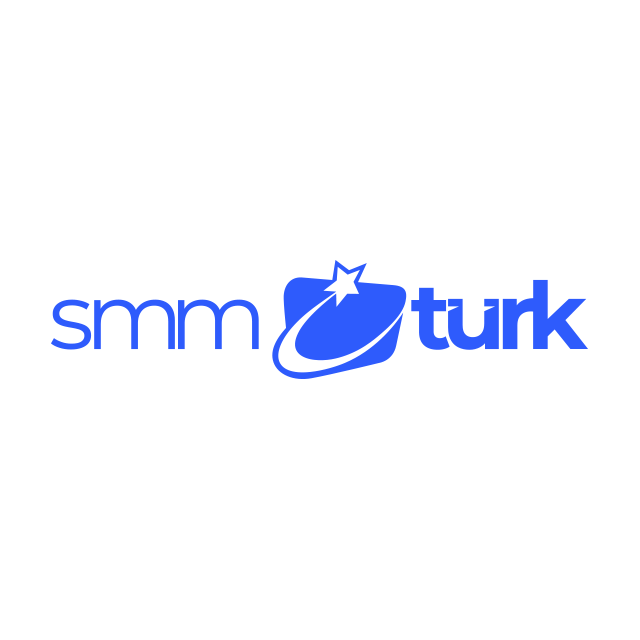
Germany’s Innovative Small Businesses Embrace Social Media Marketing
Germany has a long-standing reputation for precision, quality, and innovation. In 2025, small businesses across the country are embracing social media marketing (SMM) to connect with customers, share their values, and compete in both domestic and global markets. From Berlin’s creative startups to Bavaria’s traditional craftsmen, entrepreneurs are finding success online.
Why Social Media Is Key for German Small Businesses
A Competitive Market
Germany’s business environment is highly competitive. Social media offers smaller companies a chance to stand out without massive advertising budgets.
Access to Global Customers
Many German products—such as engineering solutions, artisanal goods, and sustainable fashion—have international appeal. Social media bridges the gap to foreign markets.
Strengthening Brand Image
Social platforms allow businesses to reinforce their reputation for quality and reliability while showcasing innovation.
Popular Platforms in Germany
A leading choice for lifestyle, design, and fashion brands.
Still relevant for local community engagement and event promotions.
Important for B2B companies, startups, and professional service providers.
TikTok
Gaining popularity among younger audiences for creative storytelling.
YouTube
Effective for tutorials, product demonstrations, and brand stories.
Strategies That Work in Germany
Bilingual Content
Posting in German and English connects with both local and global audiences.
Emphasizing Sustainability
German consumers value eco-friendly products and transparent practices, which are key topics on social media.
Leveraging Influencer Partnerships
Micro-influencers help build trust and target niche markets effectively.
Consistent Posting and Engagement
Regular updates and active community interaction strengthen brand loyalty.
Real Examples from Germany
- A Berlin-based tech startup uses LinkedIn to share industry insights, attracting international investors.
- A Munich sustainable fashion brand uses Instagram reels to highlight eco-friendly production methods.
- A Black Forest artisan woodshop shares YouTube tutorials on woodworking, building a global following.
Tips for German Entrepreneurs
Focus on Quality Content
High production values reflect positively on your brand.
Highlight Your Unique Selling Points
Whether it’s tradition, innovation, or sustainability—make it clear.
Interact With Your Audience
Quick, professional responses build credibility.
Use Analytics to Guide Strategy
Measure engagement to refine your content approach.
Final Thoughts
German small businesses are proving that a strong online presence is essential for long-term success. By combining traditional strengths with modern marketing tools, they are thriving in an increasingly digital world.
Frequently Asked Questions (FAQ)
1. Which platforms are most effective for German businesses?
Instagram, LinkedIn, Facebook, TikTok, and YouTube.
2. Should I post in German or English?
Both. German connects locally, English opens global markets.
3. How can small businesses compete with big brands?
By focusing on quality, authenticity, and customer relationships.
4. What type of content works best?
Product demos, behind-the-scenes stories, and sustainability-focused posts.
5. Is influencer marketing popular in Germany?
Yes, especially collaborations with micro-influencers in niche industries.